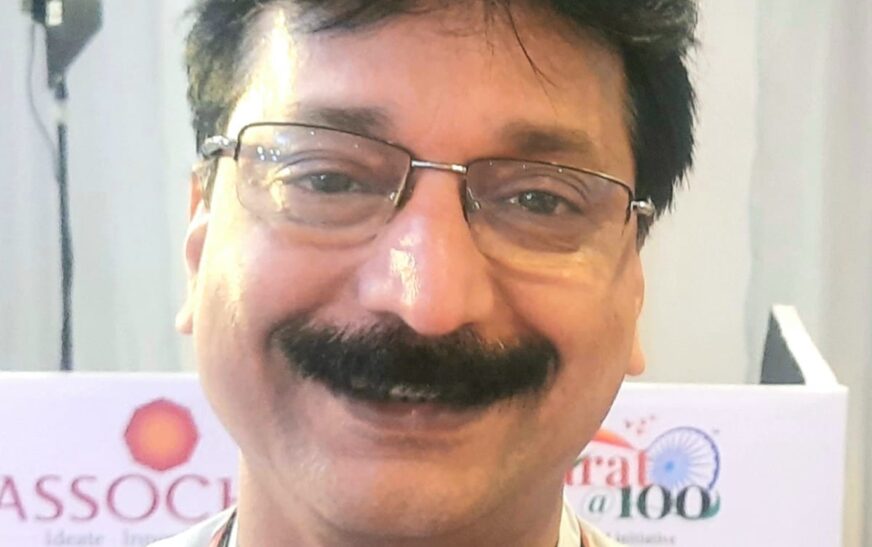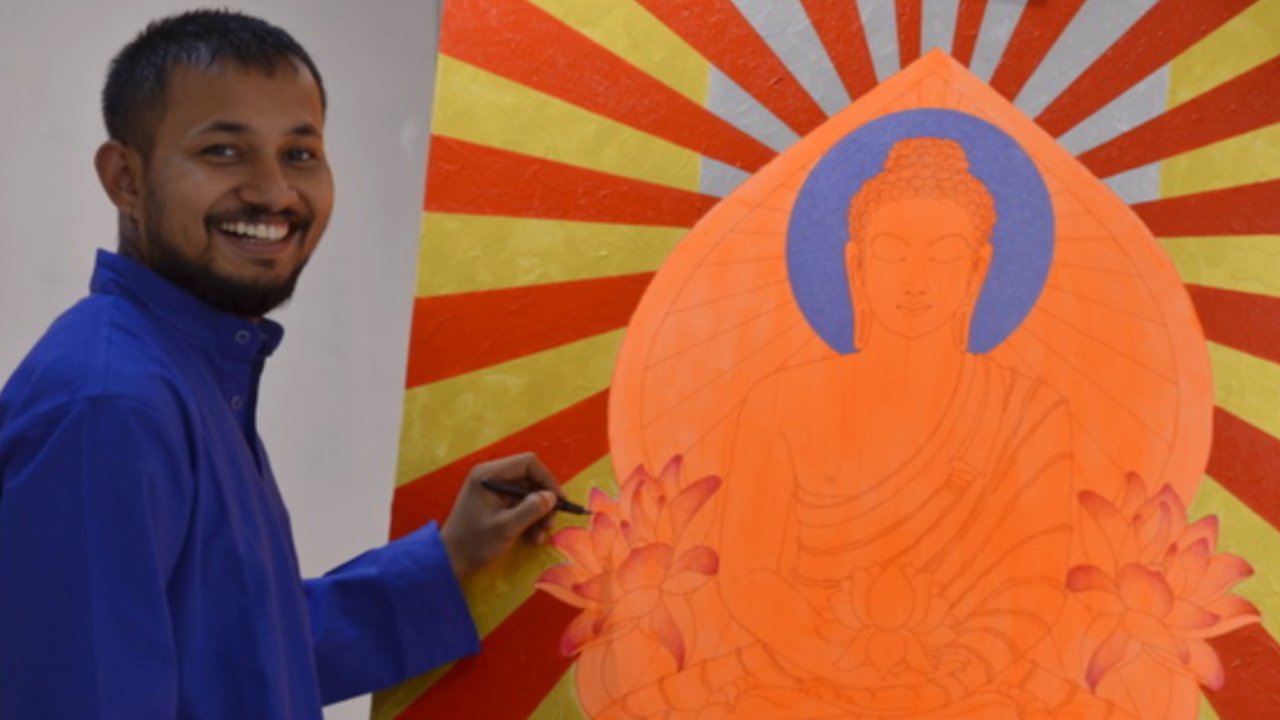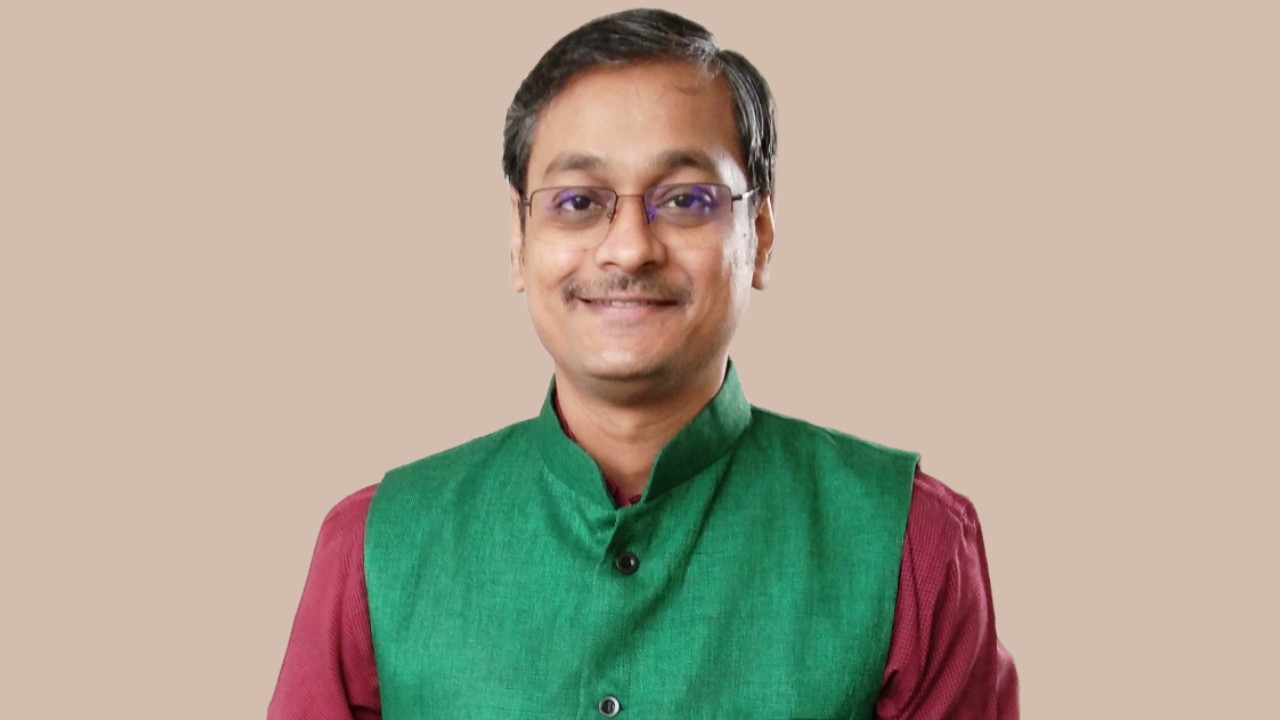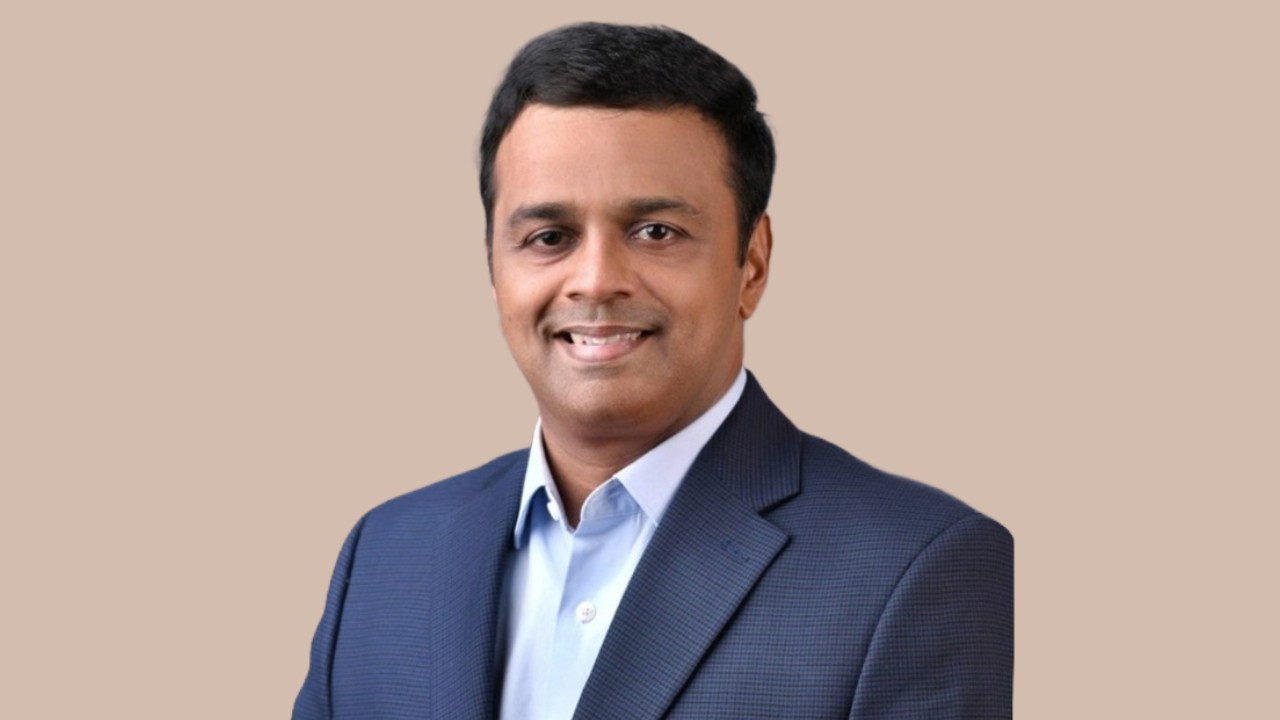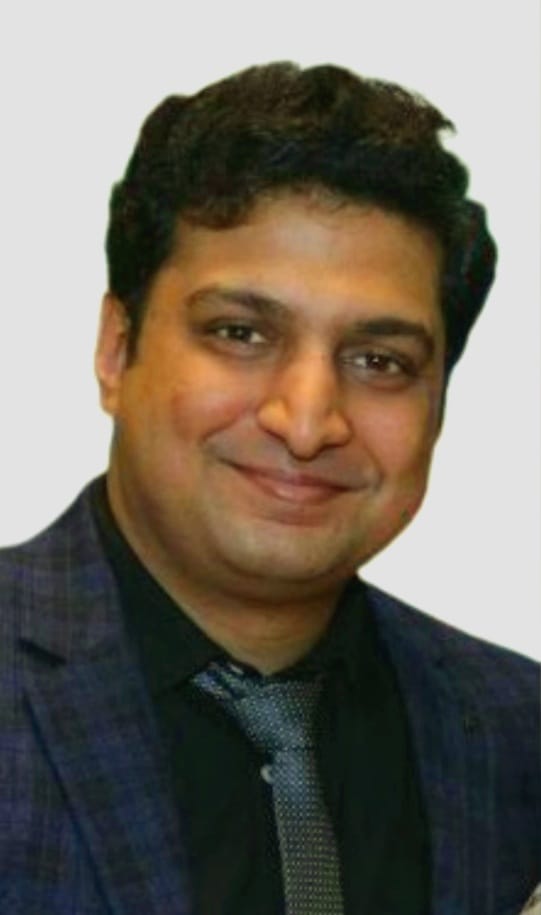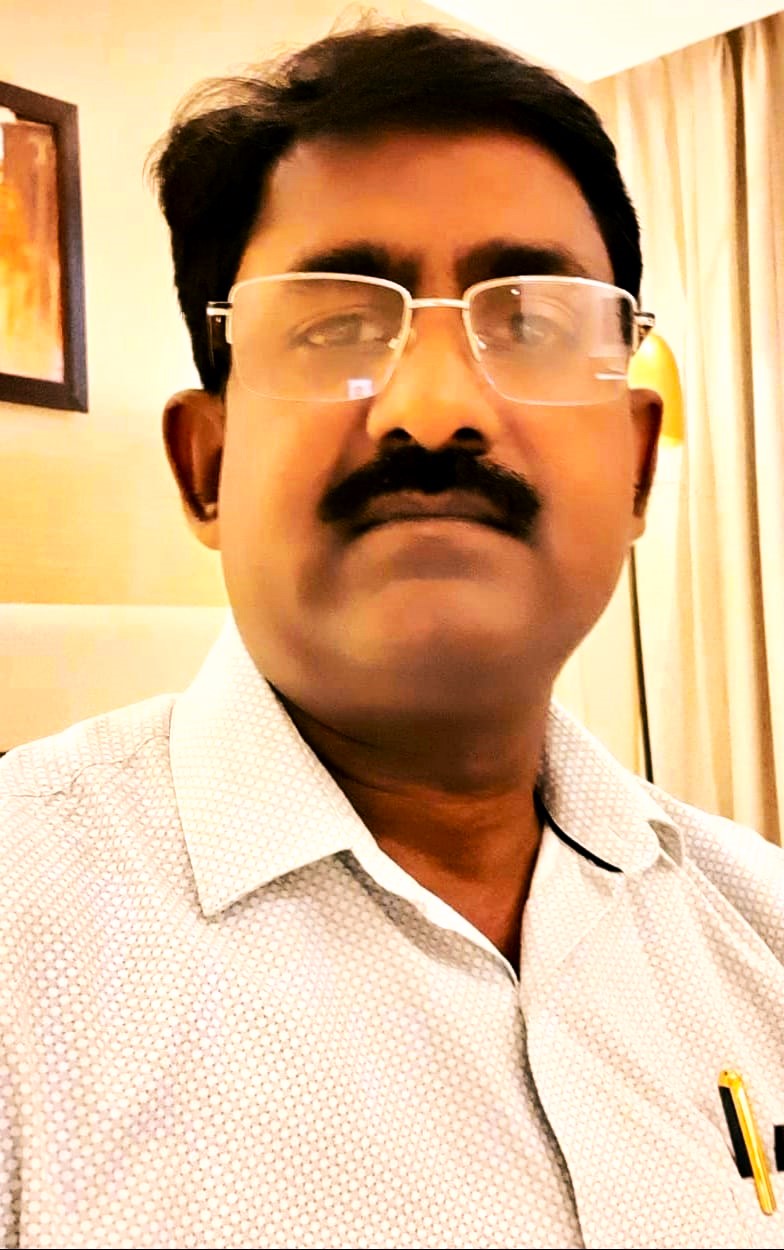The Central Council for Research in Ayurvedic Sciences (CCRAS), an autonomous body under the Ministry of Ayush, Government of India, stands as India’s premier institution for advancing Ayurvedic research. CCRAS undertakes, coordinates, formulates, develops, and promotes research in Ayurveda along scientific lines. With a robust network of 30 peripheral institutes, centers, and units, its headquarters oversee and supervise extensive research programs.
The research spans several key areas: Clinical Research, Fundamental Research, Pharmacology Research (including pre-clinical safety, toxicity, and biological activity studies), Medicinal Plant Research (encompassing medico-ethno botanical surveys, cultivation, and pharmacognosy), Drug Standardization Research, and Literary Research & Documentation.
In an exclusive interaction with The Interview World, Prof. Rabinarayan Acharya, Director General of CCRAS, delves into the significant strides made by Ayurveda research and training centers. He discusses the enthusiastic response from academia and industry, provides insights into the standardization of Ayurvedic medicines, and highlights how Ayurveda revolutionizes the entire healthcare ecosystem.
Q: When is the expected operational date for the upcoming Ayurvedic research center in Bhubaneswar?
A: The government has approved the establishment of a forthcoming research center, currently under construction. Anticipated to become operational next year, this center promises to catalyze Ayurveda research in the region, bolstering its prominence and impact.
Q: Could you provide an overview of the current training centers in Ayurveda under the Central Council for Research in Ayurvedic Sciences (CCRAS)?
A: We operate a robust network of 30 centers nationwide, specifically designed to provide comprehensive training to Ayurveda students, researchers, and doctors. Our institute, Ayush Diksha, serves as a dedicated hub for this purpose. We coordinate with all stakeholders to ensure a structured approach.
Under our initiative ARMS (Ayurveda Research Methodology and Statistics), we offer specialized training programs for students. Additionally, we extend our training services to post-graduate scholars. Ayush Diksha boasts 30 individual rooms and 2 auditoriums, exclusively catering to our educational mission. Throughout the year, our facilities continuously work towards continuous capacity building.
Q: How has the academic community responded to Ayush training programs?
A: The academy, in collaboration with the National Commission of Indian System of Medicine, is currently conducting a comprehensive series of capacity-building initiatives. These efforts encompass training sessions designed for college principals to enhance their administrative capabilities. Simultaneously, programs are underway to empower postgraduate faculty members, including those who supervise research projects within the postgraduate system.
Capacity building stands as a central mandate of these endeavors. Notably, this week alone, 20 scientists are undergoing rigorous training with ICMR to elevate the standard of their research. Thus, we are actively engaged in both providing and receiving training to foster high-quality research outcomes.
Q: Standardization remains a significant challenge in alternative medicine. What measures can be taken to address this issue and ensure consistency and reliability in alternative treatments?
A: Standardizing alternative medicine poses a formidable challenge, beginning with the sourcing of raw materials. The quality of these materials forms the foundation of the entire process. However, given their natural origin, numerous variables come into play—such as the location, time, and season of collection—all influencing the final product.
Moreover, storage conditions are critical. Improper storage can lead to fungal contamination, as seen with issues like aflatoxins. Even if cultivation practices are impeccable, inadequate storage jeopardizes the product’s integrity. Similarly, meticulous manufacturing processes are essential. Any lapses here can also compromise the final outcome.
In contrast, synthetic drugs adhere to rigorous standards throughout their production chain. In Ayurveda and other traditional medicines, comprehensive monitoring is indispensable across every stage to ensure quality and efficacy.
Q: How do you envision Ayurveda and Ayush revolutionizing the health sector in India?
A: Certainly, Ayurveda is poised to revolutionize the healthcare sector. It transcends mere medication; health, in Ayurveda, is not confined to pharmaceuticals alone. Ayurveda doesn’t advocate taking a pill for immediate relief; it embodies a holistic approach.
Unlike conventional healthcare practices, Ayurveda rejects the notion of visiting hospitals solely for symptomatic treatment through medication. Instead, it promotes proactive measures wherein individuals embrace Ayurvedic principles to maintain health and prevent diseases.
Recent reports in the Times of India highlight a troubling reality: a significant portion of India’s population lacks physical fitness and robust health. This underscores the potential of Ayurveda to offer a solution. To harness Ayurveda’s full potential, structured scientific studies are imperative. These studies can pave the way to not only restore health but also sustain wellness, thereby transforming healthcare practices comprehensively.


